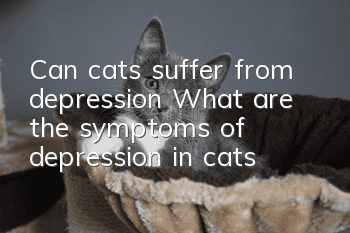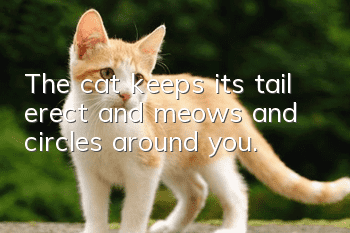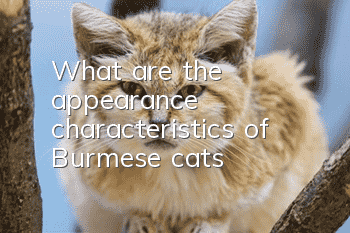Can cats suffer from depression? What are the symptoms of depression in cats?

In recent years, depression has gradually become known to the public. It is no longer considered a hidden mental illness. It has begun to be taken seriously and feared.
In the human world, depression can be said to be an invisible and cruel murderer, squeezing the soul in a pretended gentle way until the body chooses to end life.
Many people think that depression is unique to humans, but in fact, depression can also occur in animals, such as cats. On the surface, cats eat, sleep, and carefree, but their brains have a place to control emotions. With obvious hiding places for emotions, there is a breeding ground for depression. People can survive depression if they meet a partner who can help them, but a cat can only be helped if you get along with it day and night.
What are the symptoms of depression in cats? We are not cats. We cannot communicate with them verbally. In terms of behavior, it is difficult for us to determine the emotions that cats want to express. We can only observe more and make preliminary judgments in life.
Irregular eating habits
Generally speaking, we encourage cats to eat regularly. But if you find that when you take the cat food to their dining spot on a regular basis, the cat does not rush over to eat as usual, but behaves indifferently, which will cause the cat to lose weight over time.
Some cats, when they see cat food, seem to go without eating or drinking for three days and three nights, and overeat. They are far from the elegant cat owners they usually are. This is actually turning sadness into appetite.
Listless
Even when it sees novel things, the cat no longer moves its curious eyes. It begins to fall asleep frequently, and even when it wakes up, it appears drowsy.
Over-grooming or under-grooming
Cats need to be "bathed" multiple times a day. If you find that they are grooming their hair as if to vent their anger, or that they leave their hair messy and have no intention of taking care of it, then they may be sick.
Become a "talkative"
A cat that used to be quiet will suddenly meow at you from time to time. It may want to tell you about its difficulties, or it may be really feeling uncomfortable and venting it out.
Hiding or attacking people and cats
The cat's behavior begins to change. It may start to hide and alienate you. When you or other cats approach it with good intentions, it will instead treat it as an enemy and attack you.
Mark the territory
When cats feel anxious, they are even more eager to have a place of their own. At this time, they may urinate everywhere to mark their place, or even refuse to use the litter box if it smells of other cats.
When you feel that your cat is emotionally unstable, you can play with the cat more, prepare novel toys for the cat, or use a cat-specific mood-soothing spray. If the cat is still depressed, you can follow the doctor's advice and work with the cat step by step.
- What are the taboos in cat diet?
- How long does it take for a cat to undergo external deworming after taking a bath?
- Why do cats like to hold hands?
- How to wean a kitten?
- What kind of shower gel is best for Fold-eared cats to bathe?
- Can 2-month-old kittens smell catnip?
- Cat poops and vomits
- What is a cat’s territory? How do cats determine their territory?
- When should a cat start training to use cat litter? Teach you how to train a cat to use cat litter!
- Does a cat have a sensitive sense of smell?



